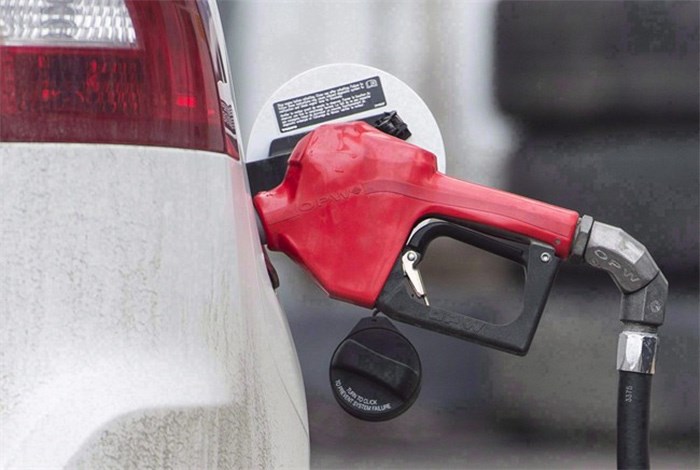The “affordability” issue that - more than any other issue - helped propel the NDP into power almost five years ago may now start to become an albatross around the ruling party’s neck.
Life is rapidly becoming more expensive. The inflation rate has hit levels not seen for years as the economic upheaval stemming from Russia’s attack on Ukraine begins to be felt around the world.
The NDP made a tepid move last week by announcing ICBC policyholders would receive a $110 rebate in the mail.
The response seemed to be underwhelming.
The best news on this front is that being in a fiscal position to even offer yet another modest rebate is another reminder that ICBC’s financial positive turnaround is nothing short of amazing.
That $110 will be quickly gobbled up by rising gas prices, rising food prices and rising pretty-well-everything-else prices. Did I mention interest rates are also climbing?
Meanwhile, buying a house remains largely an unattainable goal for anyone living in Metro Vancouver (or the capital region) who is not already a homeowner.
Premier John Horgan has referenced using the transit system as an alternative to driving, but it is about to get more expensive to take transit in Metro Vancouver. TransLink’s board of governors last week voted to increase transit fares by 2.3% starting July 1, which works out to about an annual $50 hit for anyone commuting through three zones.
When challenged about its track record when it comes to tackling the affordability issue, the NDP government quickly brings up the fact that it abolished Fraser River bridge tolls shortly after coming to power in 2017.
It’s not a bad comeback, but I am sure losing the tolls is a distant memory for drivers who are gutted by rising prices at the pump. The government is making progress on some affordability-related issues – like child care, for example – but not nearly fast enough for most people.
There is likely no relief in sight when it comes to gas prices. The massive sanctions against Russia for its horrible attack on Ukraine (sanctions that are richly deserved) will undoubtedly increase the price per barrel of gasoline.
The price of other commodities – metals, wood, food, etc. – will likely continue to rise as well.
The NDP government should stop bragging how it is making British Columbians’ lives more affordable. We are rapidly descending into a situation where such claims will seem laughable in the face of reality.
There is a lesson here for the BC Liberals as well. If they try to embrace the affordability issue as one they alone will magically solve, they too will likely be greeted with cynical laughter by the voters.
W Correction: in last week’s column I estimated that an annual 1% across-the-board wage increase for unionized public-sector employees in a three-year contract would incur a cumulative cost of $2.5 billion. The cumulative cost would actually be about $1.8 billion over three years.
Keith Baldrey is chief political reporter for Global BC.



